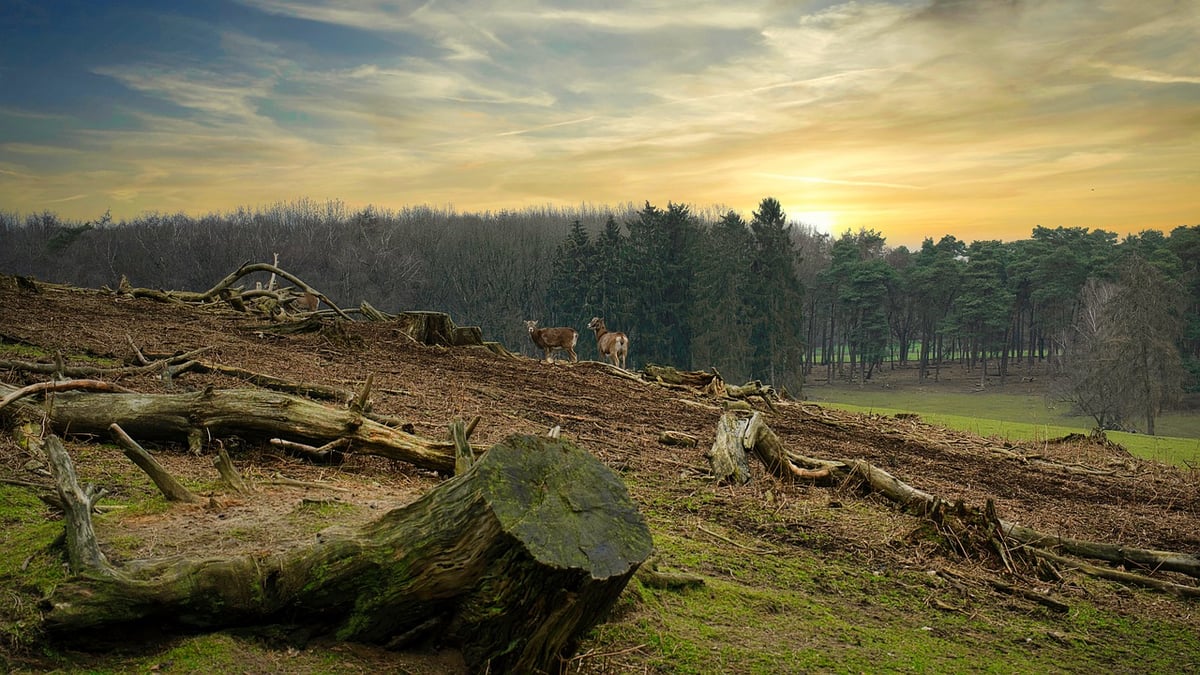Last year has affected every industry around the world. It has disrupted lives, livelihoods as well as economy.

As a result, the global economy has decreased by 3.5% in 2020. In such a situation where everything else slowed down, the forest loss increased almost by 12% as compared to what in 2019.
Forest loss
According to some confirmed resources, there is a forest loss of more than 12 million hectares in the tropics alone in 2020.
This is a massive number which makes it an alarming situation for us. For that reason, the year “2021” must be a turning point for forests to ensure a better future.

Such a loss is a great crisis for biodiversity conversation and climate stability. Most importantly, it can lead to economic as well as humanitarian disasters.
The worldwide lockdowns have restricted the mobility of law enforcement officials and also forced down urban-rural migration, thus contributing to short-term forest loss increase. But, we are yet to see the more significant impacts of the lockdowns on forests.
Massive deforestation
The 2020 data shows the variety of instances in which forests have suffered. The burning in the Amazon has occurred inside the rainforest rather than along the felled edges.
The longer we wait, the more we will regret it. 2021 must be a year to stop forest loss as well as the shift to net-zero emissions trajectories. Otherwise, our natural carbon sinks are more likely to go up in smoke.
Save our forests
We should act now before it gets too late. In the Amazon, Brazil has achieved a massive reduction in deforestation by deploying market interventions and a proven policy. Remember, Amazon experienced a 15% increase in forest loss in 2021 as compared to 2019.
Governments must undertake serious efforts to reduce deforestation. Moreover, the international communities should ramp up incentives at the same time.
The preferential market access for forest-risk commodities could be one of those incentives.
Most importantly, governments can play a big role in creating a value proposition. They should reduce forest-based emissions by counting on diplomatic recognition and financial reward.
There is no wonder why forest loss impacts our lives. It can be visible from the satellites that deforestation has significant impacts on the communities.
Both people and communities on the ground rely on forests for better health, livelihoods and the future.
This year, 2021 could be a turning point for forests. Let’s make 2021 the year we all work together and assemble financial resources despite the political matters to ensure a reduction in deforestation.






